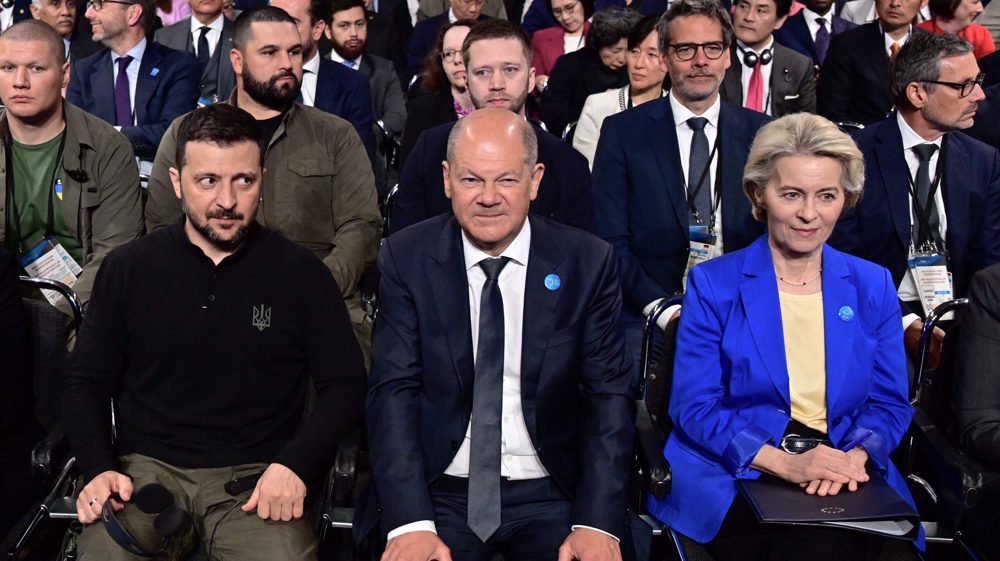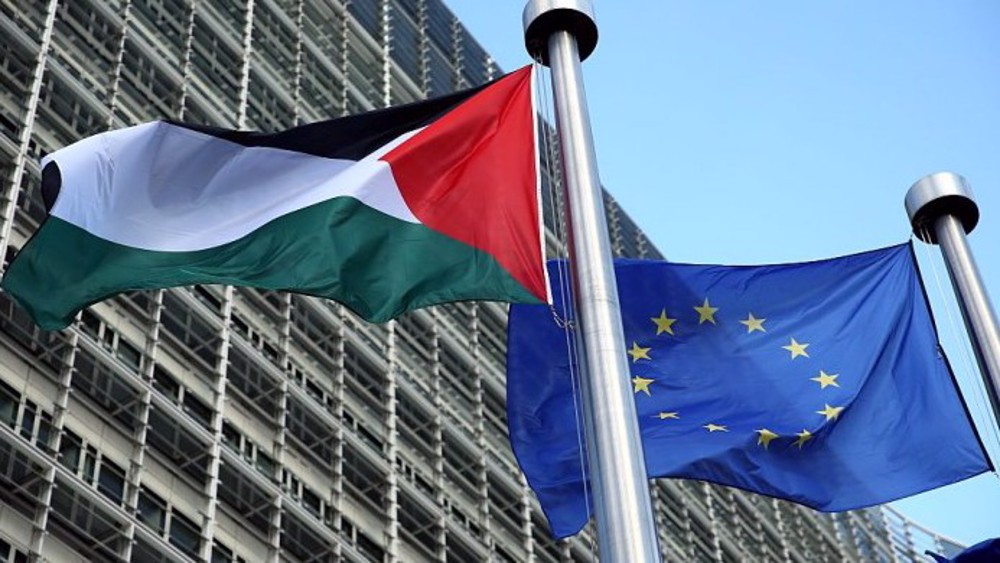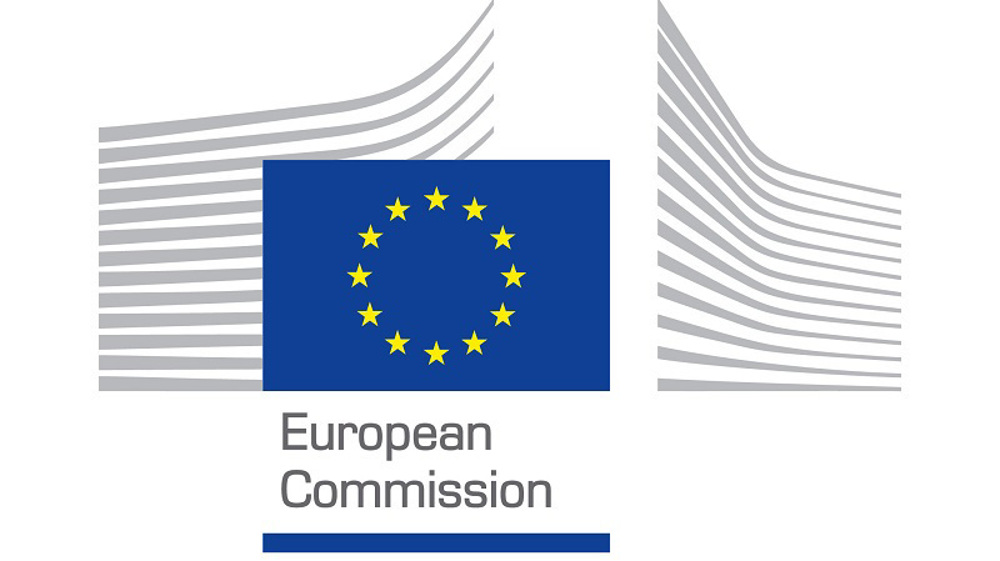EU recalls envoy to Moscow, members expelling Russian diplomats
The EU recalls its envoy to Russia over a nerve agent attack on British soil as several members of the bloc consider expelling Russian diplomats.
EU leaders issued a statement in Brussels Thursday, saying it is “highly likely Russia is responsible” for poisoning Soviet-era spy Sergei Skripal and his daughter, Yulia, in a British town earlier this month.
The Skripals were found unconscious on March 4 on a bench in the British city of Salisbury. They remain hospitalized in critical condition.
Britain claims the Soviet-designed Novichok nerve agent has been used to poison the pair and points the finger at Russia.
Moscow has rejected the claims as “absurd”, saying the substance used in the attack could have originated from the countries studying it, including the UK itself.
Meanwhile, Russia's Foreign Ministry said EU leaders are being drawn into an anti-Russian campaign instigated by London and Washington to drive a wedge between Moscow and the bloc.
"We regret that instead (of referring to international law and treatises) the European Union has preferred to go in the path of another anti-Russian campaign instigated by London and its transoceanic allies with an obvious goal to put another hurdle in the way of normalization of the situation on the European continent," said Russian Foreign Ministry spokesperson Artyom Kozhin on Friday.
Dutch Prime Minister Mark Rutte said the EU leaders at the Brussels summit on Thursday agreed to recall the European Union’s ambassador to Moscow for consultations.
AFP quoted an unnamed EU official as saying that “some member states are looking into possibly expelling Russian diplomats or recalling national diplomats.”
British media reports identified those countries as France and Russia’s closest European neighbors, including Estonia, Lithuania, Latvia and Poland.
The poisoning incident has worsened already tense ties between the EU and Russia.
Britain expelled 23 Russian diplomats in the aftermath of the poisoning incident, and has been pressing its European allies to follow suit.
Lithuania’s President Dalia Grybauskaite said, “All of us we are considering such measures.”
British Prime Minister Theresa May told EU leaders that the poisoning case is part of a “pattern of Russian aggression,” warning that Moscow would pose a “threat” for the “years to come.”

Separately, she held talks in Brussels with French President Emanuel Macron and German Chancellor Angela Merkel, who also urged a “strong European message” to Moscow.
In accusing Russia, the UK however has not presented any evidence. Earlier this week, experts of the Organization for the Prohibition of Chemical Weapons (OPCW) arrived in the UK for a probe into the attack. They say it could take up to three weeks to analyze the samples gathered from the scene.
As the Europeans deliberated, Russia’s Ambassador to Britain Alexander Yakovenko warned that the UK has “bad record of violating international law and misleading the international community.”
History shows that British statements must be verified,” he added, urging a “full transparency of the investigation” as well as cooperation with Moscow and the OPCW experts.
Moscow has repeatedly called on London not to jump to conclusions, offering cooperation with London in probing the case.
Russia responded to the UK’s expulsions by expelling exactly the same number of British diplomats, and has vowed it would hit back if London fails to stop its anti-Moscow measures.
Hamas: Death of leader in Israeli jail amounts to murder
EU sends €1.5 billion to Ukraine from frozen Russian assets
VIDEO | Millions of Yemenis rally for Gaza, call for more anti-Israel operations
UN chief calls for Olympic truce as games begin in Paris
Paris Olympics begin as sports world reeling from loss of 400 Palestinian athletes in Gaza war
Iran warns ‘sworn enemies’, says sidekicks of US, Israel ‘displaced’ with bloody hands
New British govt. bends, drops plan to challenge ICC over Netanyahu arrest warrant
Tehran: Israel anti-Iran claim at Olympics aims to divert world attention from Gaza genocide











 This makes it easy to access the Press TV website
This makes it easy to access the Press TV website